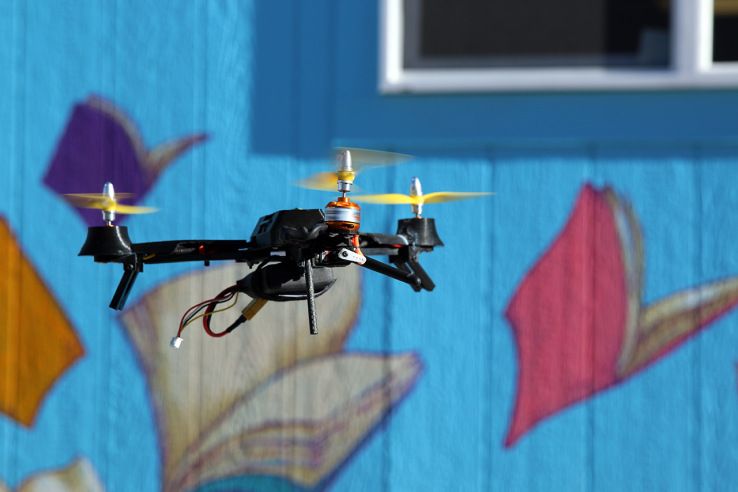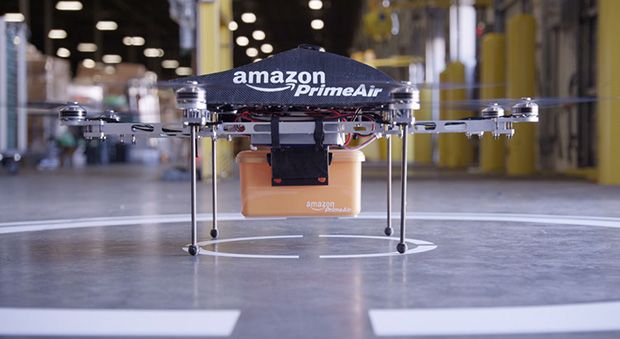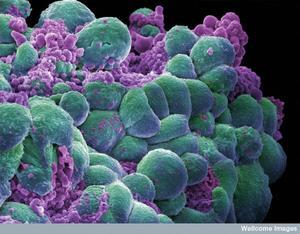By Ashlee Vance and Brad Stone — Bloomberg Businessweek
![Behind this week’s cover]() Joel Flickinger’s two-bedroom home in the hills above Oakland, Calif., hums with custom-built computing gear. Just inside the front door, in a room anyone else might use as a den, he’s placed a desk next to a fireplace that supports a massive monitor, with cables snaking right and left toward two computers, each about the size of a case of beer. Flickinger has spent more than $20,000 on these rigs and on a slower model that runs from the basement. They operate continuously, cranking out enough heat to warm the house and racking up $400 a month in electric bills. There isn’t much by way of décor, other than handwritten inspirational Post-it notes:
Joel Flickinger’s two-bedroom home in the hills above Oakland, Calif., hums with custom-built computing gear. Just inside the front door, in a room anyone else might use as a den, he’s placed a desk next to a fireplace that supports a massive monitor, with cables snaking right and left toward two computers, each about the size of a case of beer. Flickinger has spent more than $20,000 on these rigs and on a slower model that runs from the basement. They operate continuously, cranking out enough heat to warm the house and racking up $400 a month in electric bills. There isn’t much by way of décor, other than handwritten inspirational Post-it notes:
“I make money easily,” one reads. “Money flows to me.” “I am a money magnet.”
Flickinger, 37, a software engineer and IT consultant by trade, doesn’t leave the house much these days. He’s a full-time Bitcoin miner.
Read more

 At The University of Southern California, Professor Behrokh Khoshnevis has built a colossal 3D printer that can build a house in 24 hours. Khoshnevis’s robot comes equipped with a nozzle that spews out concrete and can build a home based on a set computer pattern.
At The University of Southern California, Professor Behrokh Khoshnevis has built a colossal 3D printer that can build a house in 24 hours. Khoshnevis’s robot comes equipped with a nozzle that spews out concrete and can build a home based on a set computer pattern.
 Scientists have developed nanoparticles that carry two different cancer-killing drugs into the body and deliver those drugs to separate parts of the cancer cell where they will be most effective.
Scientists have developed nanoparticles that carry two different cancer-killing drugs into the body and deliver those drugs to separate parts of the cancer cell where they will be most effective.


 Last week we told you how Texas Rep. Steve Stockman (R-Texas)
Last week we told you how Texas Rep. Steve Stockman (R-Texas) 








